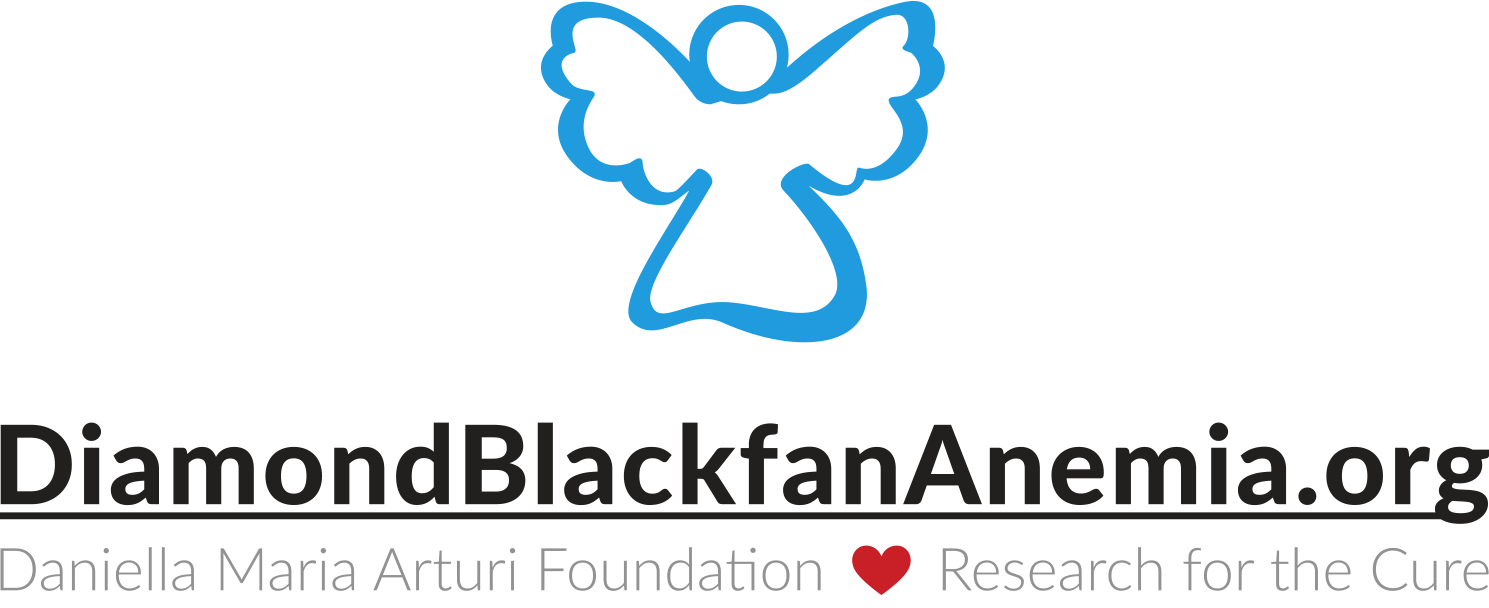Anna Rita Migliaccio, PhD, Professor of Medicine, Hematology and Medical Oncology and member of The Tisch Cancer Institute of Mount Sinai School of Medicine, has been awarded a Research Project (R01) grant from the National Institutes of Health (NIH) for her research project “The human glucocorticoid receptor and normal and pathological terminal Erythroid.”
This project, which has received funding for a four-year period, will study the pathobiology of erythropoietin (EPO) resistant anemias, such as Diamond Blackfan Anemia (DBA), and will seek to identify alternative erythroid stimulating agents for their treatments.
Diamond Blackfan Anemia is a congenic form of erythropoietin (EPO) resistant erythroid aplasia often associated with mutations that result in ribosome insufficiency.
Although approximately half of DBA patients have a clinical response to dexamethasone – a steroid drug in the glucocorticoid class that acts on the glucocorticoid receptor (GR) – the reason why only 40-50% of patients respond to these steroids is still unknown.
Clinicians have established important correlations between GR haplotype and variability in patients’ glucocorticoid resistance. Additional studies have revealed that a GR polymorphism may affect the biological consequences of GR activation in the terminal erythroblast (EB) maturation. These studies reflect a paradigm shift in understanding dexamethasone responsiveness in DBA patients.
Dr. Migliaccio’s newest study will characterize the biological activity of different GR isoforms in terminal erythroid maturation; identify the microenvironmental and genetic factors that regulate expression of these GR isoforms during terminal erythroid maturation; and investigate the role exerted by individual GR isoforms in rescuing terminal erythroid maturation in DBA patients. The study, by improving understanding of the biology in GR in normal and DBA erythropoiesis, will hopefully identify more potent ways to improve the treatment of DBA patients and possibly other erythropoietin-resistant anemia.
“I am very excited about this research project,” says Dr. Migliaccio. “As a relative newcomer to the study of Diamond Blackfan Anemia, I owe a great debt to other researchers in the field, such as Jeffrey Michael Lipton, MD, PhD, andAdrianna Vlachos,MDwho have paved the way for my research by creating registries of patients with DBA.” She adds, “I hope to collaborate with other scientists who are researching DBA to discover new and improved treatments for this disease.”

